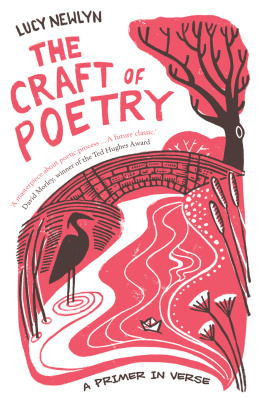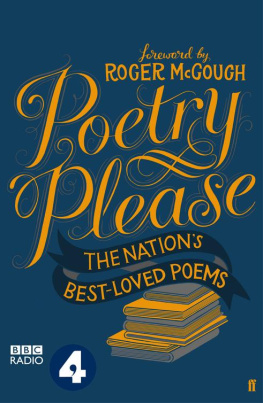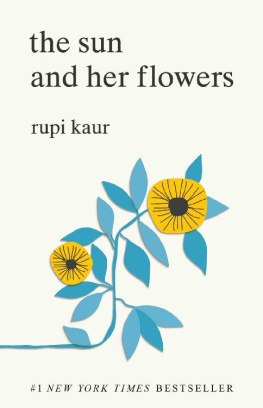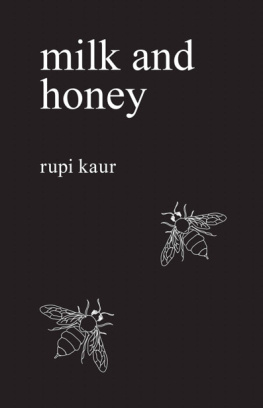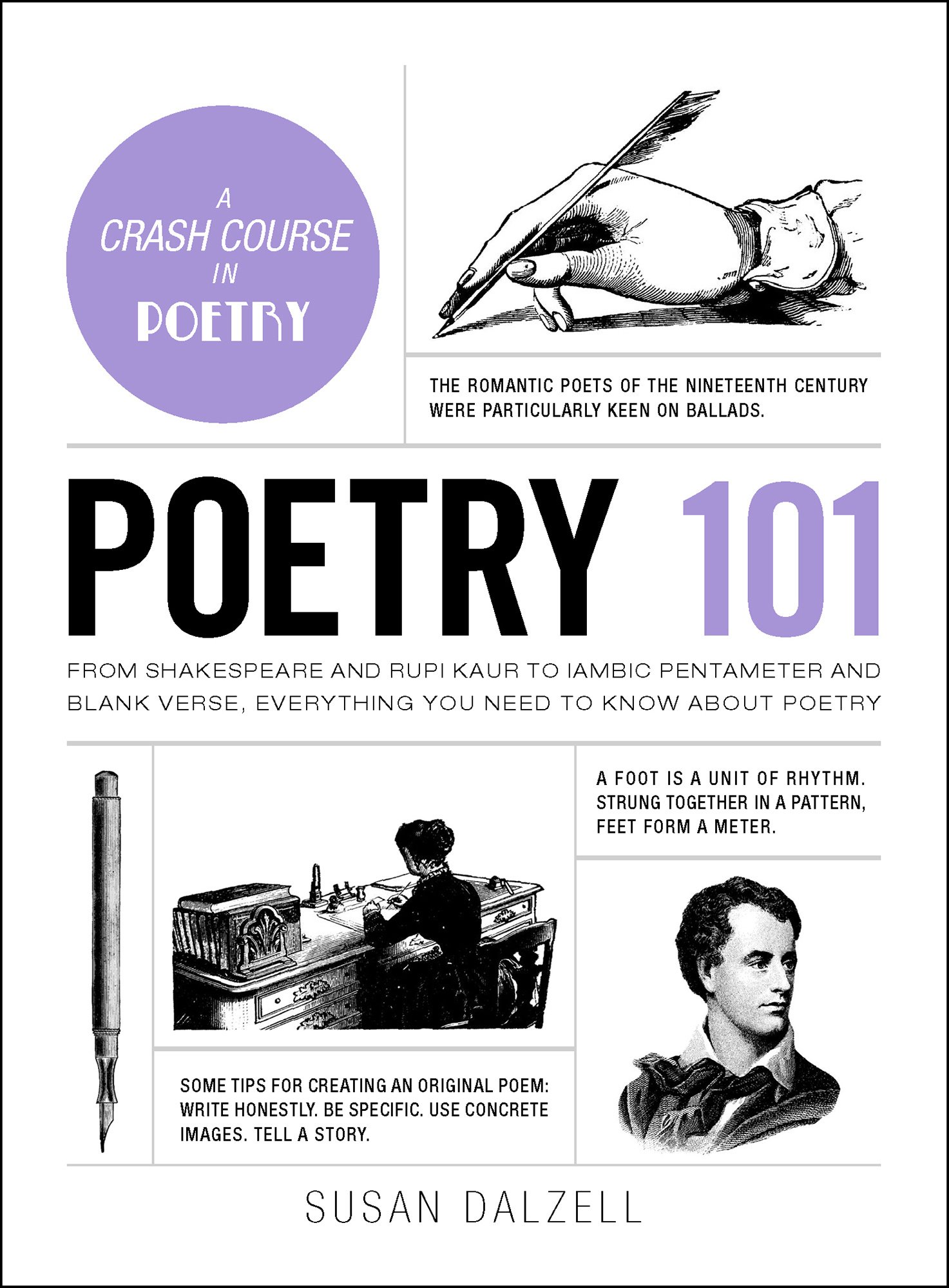Contents
Guide

Adams Media
An Imprint of Simon & Schuster, Inc.
57 Littlefield Street
Avon, Massachusetts 02322
www.SimonandSchuster.com
Copyright 2018 by Simon & Schuster, Inc.
All rights reserved, including the right to reproduce this book or portions thereof in any form whatsoever. For information address Adams Media Subsidiary Rights Department, 1230 Avenue of the Americas, New York, NY 10020.
First Adams Media hardcover edition September 2018
ADAMS MEDIA and colophon are trademarks of Simon & Schuster.
For information about special discounts for bulk purchases, please contact Simon & Schuster Special Sales at 1-866-506-1949 or .
The Simon & Schuster Speakers Bureau can bring authors to your live event. For more information or to book an event contact the Simon & Schuster Speakers Bureau at 1-866-248-3049 or visit our website at www.simonspeakers.com.
Cover design by Katrina Machado
Cover images Clipart.Com
Library of Congress Cataloging-in-Publication Data has been applied for.
ISBN 978-1-5072-0839-7
ISBN 978-1-5072-0840-3 (ebook)
Many of the designations used by manufacturers and sellers to distinguish their products are claimed as trademarks. Where those designations appear in this book and Simon & Schuster, Inc., was aware of a trademark claim, the designations have been printed with initial capital letters.
DEDICATION
For Wil and Liam
INTRODUCTION
Poetry is among the most complex art forms evolved by the human race. It uses words in unique ways to create emotional responses, sometimes using those words in vastly different ways than we do in ordinary speech. Its also one of the oldest art forms; no one really knows when the first poem was composedjust that it was thousands of years ago.
Maybe youve read poetry your whole life; maybe youre coming to it for the first time; maybe you just want to learn something about it; or maybe you have an urge to start scribbling verses yourself. No matter which of these applies to you, youll find something of value in this book.
Poetry 101 doesnt make any assumptions about what you know or what you may have been taught back in the day. Instead you will find help in exploring what poetry can mean in your own life. Youll learn or review the basic terms and vocabulary of poetry. Youll get an overview of the history of poetry and the cultures from which poets have emerged. Youll learn the life stories of some of the greatest poets in the English language and why those poets works are so highly regarded. Youll learn more about the topics poets have been drawn to write about and compare and contrast how different poets approach similar themes. Youll look at works by the poets of ancient Greece, the European Middle Ages, Victorian England, and onward to the Internet-fueled poets of today.
Sometimes poetry is formal, following strict rules of language and form. Sometimes its wild and loose; you know this if youve ever attended a poetry reading. Poetry can express love and hate and joy and grief and anger and confusion and humor. Sometimes it is easy to understandEeny meeny miny mo, catch a tiger by the toebut sometimes its so dense and tricky you can read it three, four, five, sixty times and still struggle to interpret its meaning. Thats another way in which Poetry 101 can give you a hand. Whether you choose to read this book cover to cover or to dive in and out of its many sections, it will help you form a working definition of poetry that makes sense to you. Hopefully, reading this book will encourage you to seek out poems themselves. Read them. Memorize them. Speak them out loud. Share them with your friends, companions, or children. Find poems that speak to you and savor them. Maybe even try writing some verses yourself.
Doing any of these things will increase your enjoyment of this art form. No matter your poetry background or how you hope to use poetry in the future, Poetry 101 has you covered. Now lets delve into the history and theory of poetry!
HOW TO READ A POEM
Push Through the Fear
Whether we want to admit it or not, it can be scaryor at least dauntingto face a page on which a few words have been arranged into something called a poem. We know where we stand with sentences and paragraphs, but everything can feel a bit wobbly when words are shaped into other, less familiar, forms and patterns. It seems hard to know where to start. In the next section, well take a closer look at the techniques of meter and rhythm. For now, here are a few ideas to help in your approach to a new poem.
USE YOUR VOICE
With few exceptions, poems are meant to be spoken. The human voice breathes both life and meaning into the words. A poem that is difficult to understand on paper may start to make a lot more sense once you read it out loud. Sentences that appear disjointed, thanks to breaks on the page, may piece together smoothly when heard by your ear.
Play with the speed that you speak: does slowing down or speeding up help you hear the rhymes more easily? Maybe you cant hear any rhymes, but reciting a string of words that all start with the same letter sounds good. Do you find yourself falling into a rhythm as you speak, emphasizing certain words or syllables? Does the poem sound better if you pause at the end of each line, or carry on until you reach the end of a sentence?
READ CLOSELY
Dont skip stuff. Read the poem from beginning to end, even if its slow going. Take your time and dont rush. Poetry can be dense, with layers of meaning that may not be revealed on a first read.
Read with a pencil in hand. (Or a pen, if youre brave.) Writing your thoughts down really helps you engage with the poem. Underline words. Circle them. Jot down questions in the margin. Put an asterisk next to a line you really like or a question mark next to one that makes no sense. Mark where the sentences finish.
Factors to Consider
The Title. Start with the poems title. Some titles give an accurate preview of the poems subject but others possess a less obvious meaning. Keep the title in mind as you read through the poem.
The Poets Name . If you recognize his or her name, take a second to think about what you know about him or her. Did you like his other poems? Does she write in a formal or informal style?
The Poems Appearance . Observe how the poem looks on the page. Are there many breaks? Does the poet use a lot of white space or do the words crash into one another?
Context. A poem isnt written in a vacuum. While some poems hold clear meanings on their own, others gain more power when applying external factors. Was the poem written during wartime? Was the poet a member of a minority group? Did he or she write in secret? Or for a large audience?
The Speaker. Who is the speaker? Even if the poem is written in first person, the speaker isnt necessarily the poet. Many poets use a personaan imaginary identityto write. Can you imagine the speaker in real life?
Tone. What is the attitude of the poem? Is it lighthearted and humorous? Does it drip with sarcasm? Or angst?
Patterns and Symbols. Look for patterns. Are there sounds, words, or lines that repeat? Does the poem circle back on itself at any point? Are there repeating motifs or symbols?



